The decision by the Nicaraguan government to withdraw from UNESCO has sparked concerns and calls for reversal from various international press freedom organizations, including the Committee to Protect Journalists (CPJ). This move is seen as a significant blow to freedom of expression within the country.
In a joint statement with six other press freedom groups, CPJ emphasized the importance of Nicaragua reversing its withdrawal from the United Nations Educational, Scientific, and Cultural Organization (UNESCO). The decision was made public on May 4, triggering alarm among advocates for free speech and human rights.
UNESCO Director-General Audrey Azoulay confirmed Nicaragua’s formal notification of exit shortly after announcing that the 2025 World Press Freedom Prize would be awarded to La Prensa, a Nicaraguan daily that had been forced into exile following a crackdown by authorities in 2021. This recognition further underscores the troubling state of press freedom in Nicaragua.
President Daniel Ortega defended his government’s decision by accusing UNESCO of undermining Nicaragua’s “national identity.” The country had previously withdrawn from other U.N. and Inter-American human rights mechanisms, raising concerns about its commitment to upholding fundamental freedoms.
The joint statement issued by CPJ and its partners highlights the detrimental impact of severing ties with international oversight bodies on Nicaraguans’ ability to seek recourse for rights violations. By isolating itself through these withdrawals, Nicaragua risks facing increased scrutiny over its human rights record and democratic governance.
Experts warn that Nicaragua’s departure from UNESCO sets a dangerous precedent for countries seeking to evade accountability for violations against journalists and media outlets. It also signals a broader trend of shrinking civic space and diminishing opportunities for civil society engagement at both national and global levels.
In light of these developments, advocacy groups are calling on Nicaragua to reconsider its decision and reaffirm its commitment to upholding press freedom, democracy, and human rights. The international community plays a crucial role in holding governments accountable for their actions and ensuring that independent voices can continue to speak out without fear of reprisal.
As discussions continue around Nicaragua’s withdrawal from UNESCO, it remains imperative for stakeholders to push for transparency, accountability, and respect for fundamental freedoms as essential pillars of any democratic society. The protection of journalists’ safety and independence is paramount in safeguarding democracy and promoting an informed citizenry.



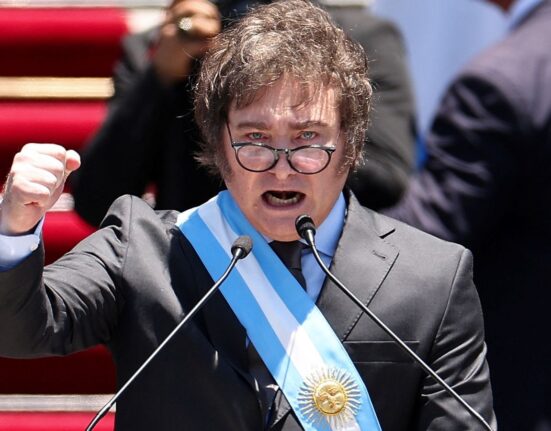
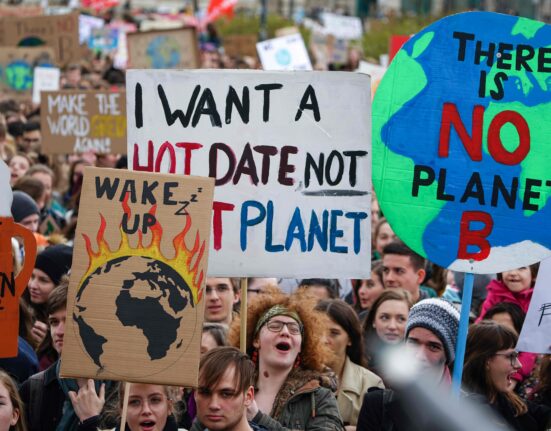
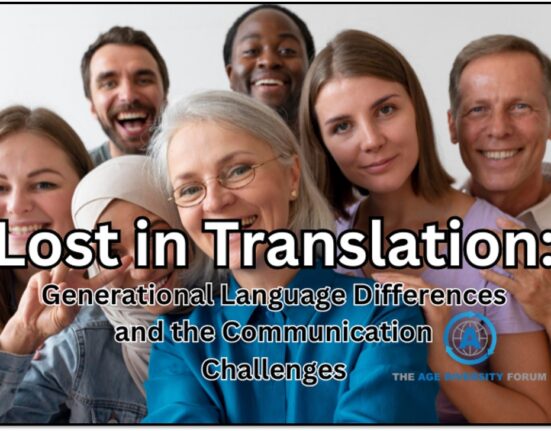

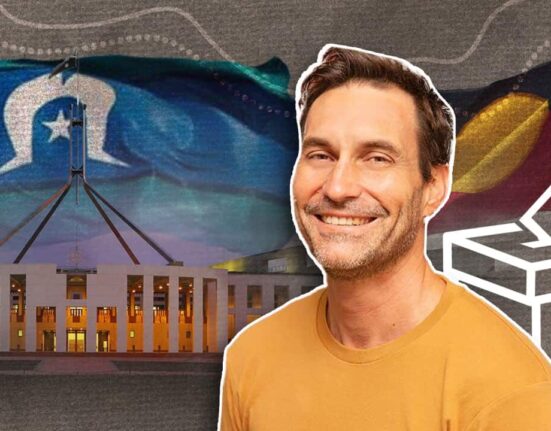
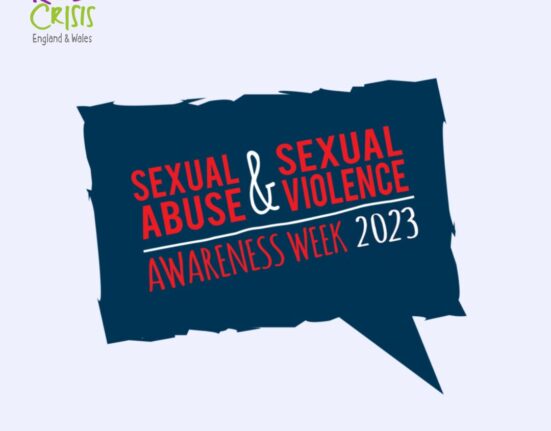
Leave feedback about this